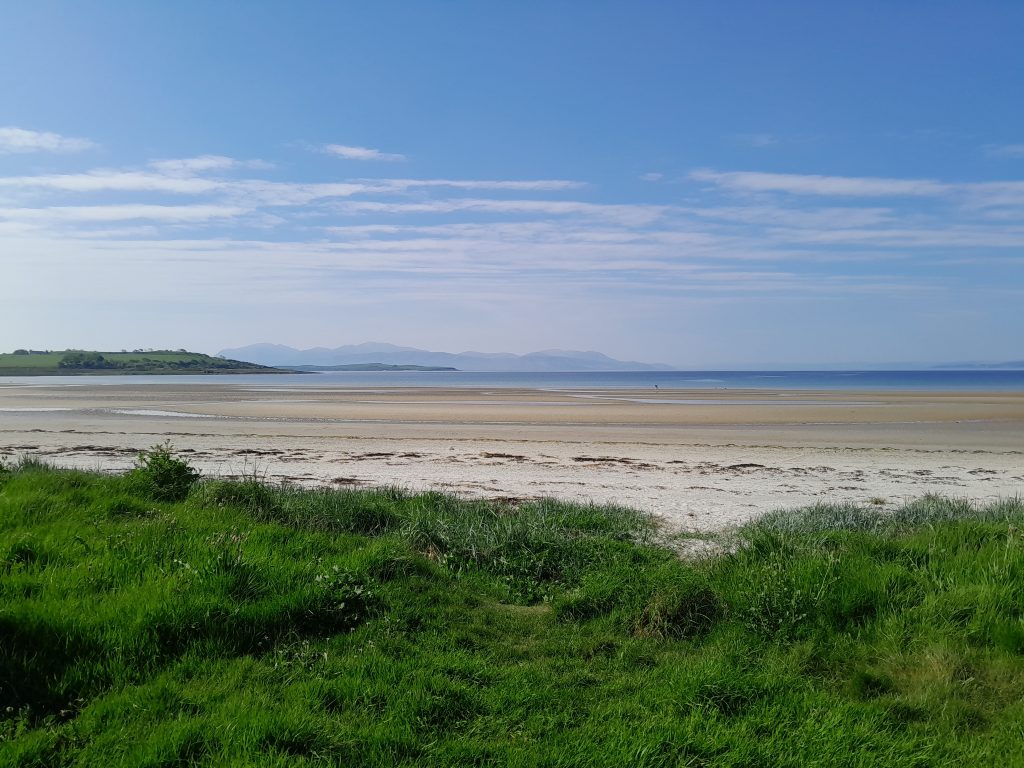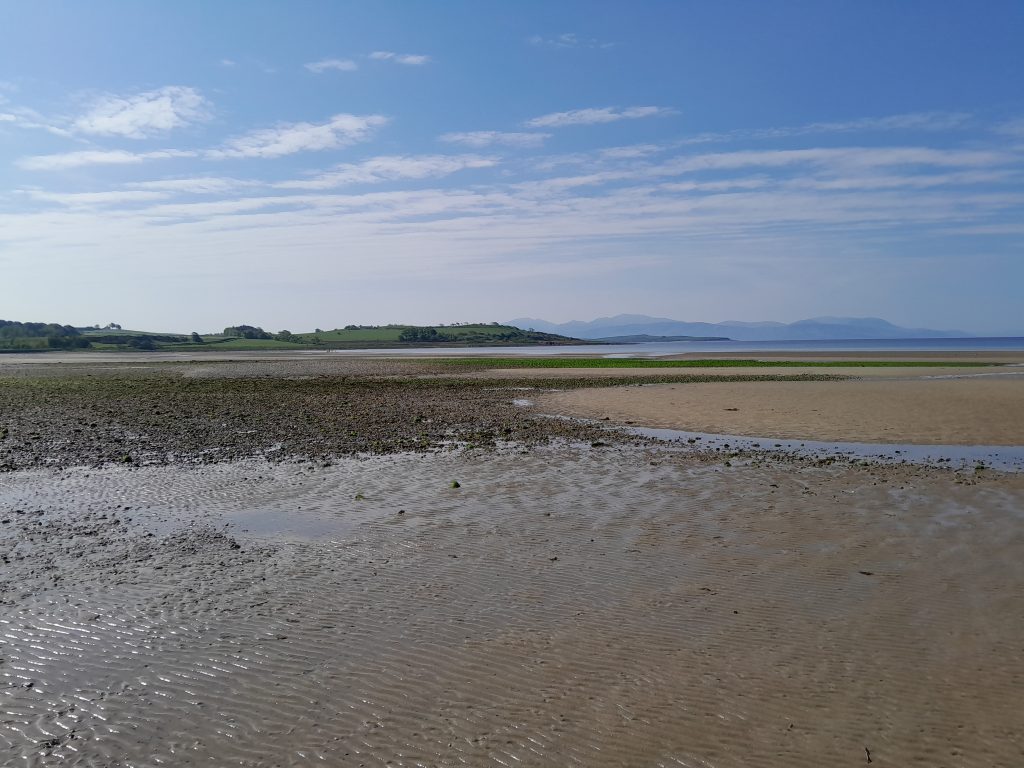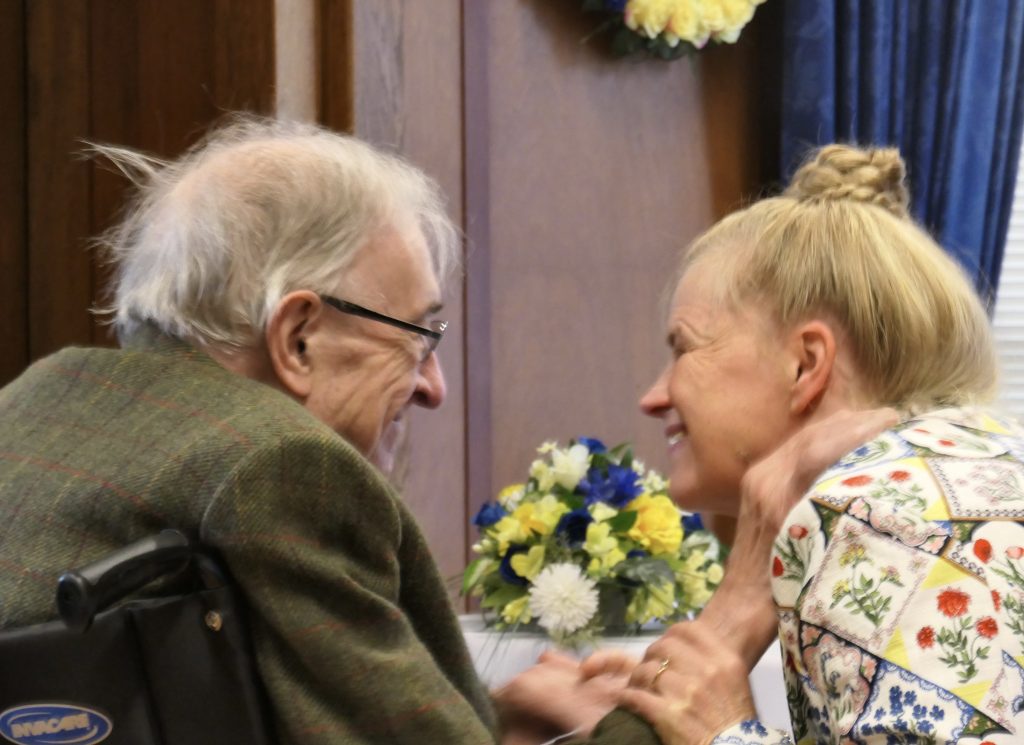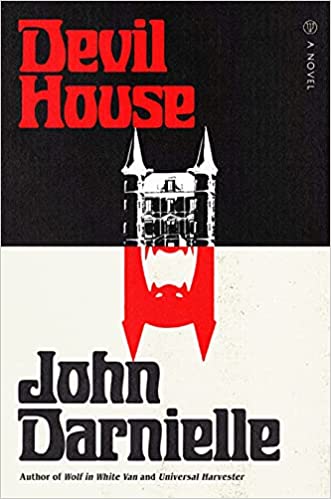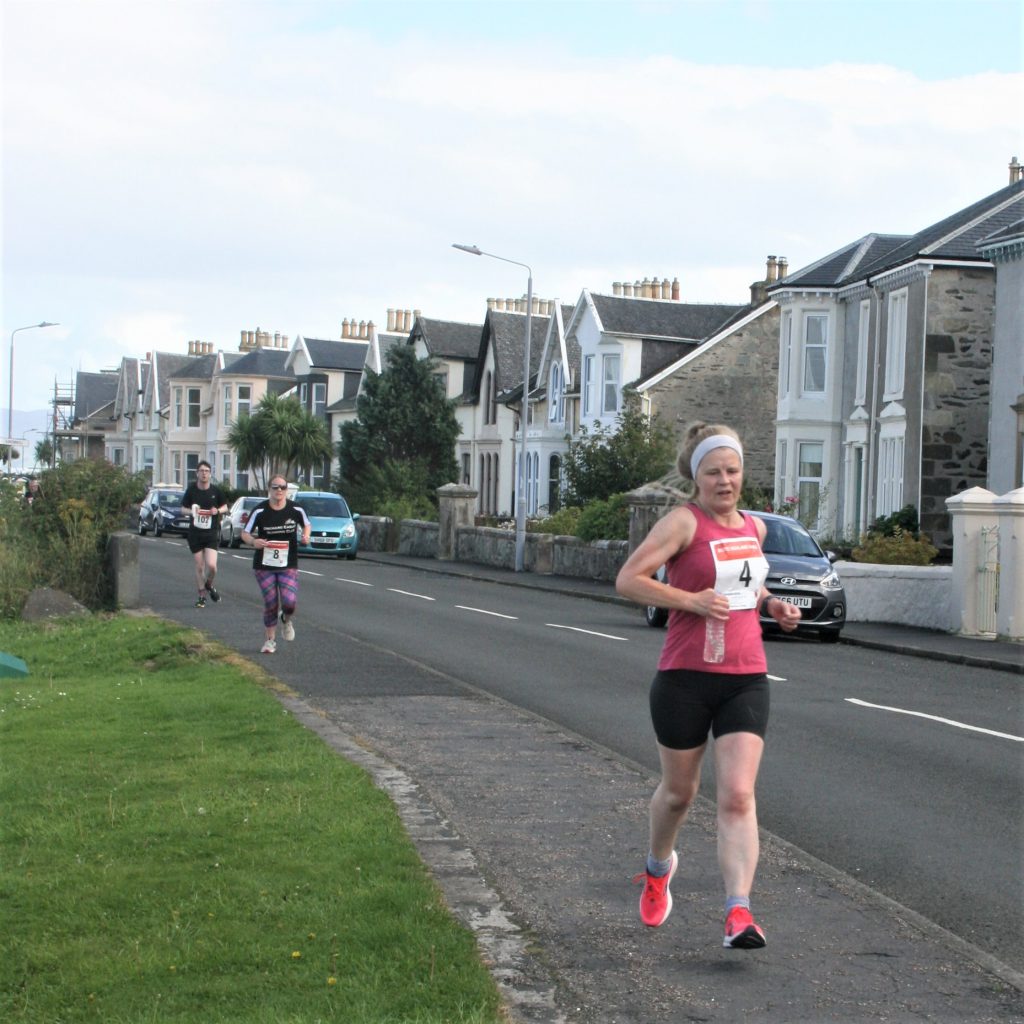Another strange year leading to another winter solstice, a moment of hiatus in which I unerringly find it helpful and cheering and fascinating to look back upon the books I have read in the past twelve months. I didn’t have a particular reading project or structure in mind through most of 2021, which is probably why I feel driven to set myself a new challenge for 2022, but more on that in the next post. That being said, the books I have felt most drawn to this year do seem to have grouped themselves into two distinct categories: true crime and crime-ish fiction, and a broad swathe of novels that might loosely be defined as autofiction and autofiction-inflected. The reasons for this, I suspect, have to do with my current work in progress and my evolving interests as a writer.
But first, the outliers. The best two novels of speculative fiction I read in 2021 were firstly The Sparrow by Mary Doria Russell, a huge, brave, questing book that gathers you into its mystery and won’t let go. This is philosophical science fiction at its most committed and complex, a book that stretches the possibilities of the form and reminds us of what science fiction is actually capable of. It’s so beautifully written, a landmark novel that should be talked about more than it is. Second comes Piranesi by Susanna Clarke, which I was thrilled to see take the Women’s Prize for Fiction earlier this year. It is the timelessness of Piranesi that most impresses, the sense that this novel has existed for a long time and will continue to endure. It is written with a pure mastery of form and content that comes only with time and experience, with long hours of sitting with an idea, patiently exploring its corridors, finding out its secret chambers, honing the language of its expression to a lustrous shine. Thank you, Susanna Clarke, for this beautiful gift, and for adding to the pantheon of fantasy literature such a peerless pearl.
I encountered two similarly enthralling pieces of historical writing in 2021; both happen to be by German authors. First comes Tyll by Daniel Kehlmann (English translation by Ross Benjamin), an audacious picaresque set during the Thirty Years’ War and loosely following the career of Till Eulenspiegel, the legendary jester and chaos-bringer who may or may not have existed as a real person. Each of Kehlmann’s books is a law unto itself, yet remains indisputably, indivisibly his. You never know from one novel to the next what you’re going to get from him – only that it will be brilliant, and memorable, and inspired. Tyll is a masterclass in revealing how the mundane world can be rendered fantastic, how starkly the present can be illuminated by the past. Goodness knows how, but this book about a brutal conflict that proved disastrous for the whole of Europe also manages to be funny.
Horst Krüger’s searing Bildungsroman The Broken House was originally published in Germany in 1966 and now appears for the first time in English translation (by Shaun Whiteside). The Broken House is a work of creative nonfiction that deals with the author’s experience growing up in Nazi Germany, and the impact of such a childhood on the rest of his life. This is a brilliant book, a masterpiece of economy, precision and passion, of the deployment of language in the structure of resistance. The unflinching clarity of Krüger’s vision, his hunger for truth and above all for the truth of art offer reflection and a warning for our own troubled times.
Of the crime books I read, those that made the deepest impression were firstly The Treatment by Michael Nath, a fictional reimagining of the circumstances and personalities involved in the Stephen Lawrence Inquiry and its seismic aftermath. The scope of this book is huge; the language, which gives knowing and erudite nods to the revenge tragedies of Marlowe and Webster, is scintillating and a thing of wonder. I continue to feel a genuine bewilderment, that a novel of this calibre should escape award notice. I would also need to mention Beyond Belief by Emlyn Williams, an imaginative chronicle of the Moors Murders that is as tensely compelling as it is devastating, a direct precursor of the documentary crime writing of Gordon Burn and David Peace. Beyond Belief was a best-seller when it was first published in 1967, yet it is rarely spoken of now, a bemusing oversight that needs to be remedied.
In 2021 I found myself both delighted and inspired by autofiction. Along with everyone else I read and enjoyed Fake Accounts by Lauren Oyler, No One is Talking About This by Patricia Lockwood and Checkout 19 by Claire-Louise Bennett. I also fell in love with two older works of autofiction, The Lover by Marguerite Duras and Simple Passion by Annie Ernaux. Of particular note for me, however, were two works that see their authors go a step further in what they choose to do with their material, setting their own experiences in direct counterpoint with the language or literature of another. My Autobiography of Carson McCullers by Jen Shapland is a both a personal and biographical exploration of a classic writer by her literary descendant. I fell for this book, and for Carson and Mary’s story, hook, line and sinker. Shapland has written something important, not only about McCullers, but also about women writers and queer writers and the ways in which they have so often been denied or erased. I am doubly interested by her project because of what it says and proves about the ways of writing (auto)biography, the freeing of a subject through allowing her the space to step forward and reveal her own truths. I loved this book and I actually think that for this one time only Rachel Cooke, a reviewer and critic I admire tremendously, missed the point.
I also loved Fifty Sounds by Polly Barton, a work of memoir exploring the author’s spiritual love affair with Japan, her real-life affair with a Japanese man, and her experience of learning to be a translator of the Japanese language. As someone who has felt a similar sense of personal identification with both the German and Russian language and people, I found this book resonant, moving, revealing and exquisitely felt. Barton’s examination of language as a transformative experience, almost as a physical substance, is so personal and so brilliant. I’d read this book again in a heartbeat and will be seeking out Barton’s translations as a matter of priority.
I found much delight in a tranche of novels that begin with the feel of lived experience but swerve off into the wilder and more elusive terrain of fiction. Early in the year I experienced the weird synchronicity of reading Olivia Sudjic’s Asylum Road and Jakuta Alikavazovich’s Night As it Falls (translated by Jeffrey Zuckerman) back to back. Both novels feature protagonists dealing with the fallout from the war in the former Yugoslavia; both examine themes of alienation, family, the failure of intimacy and the trauma of war on future generations. For novels that could be twin sisters in terms of their subject matter, they are each strikingly, almost unnervingly different in terms of how they express themselves, the emotional restraint and tightly honed language of the Sudjic sitting in stark contrast with the fraught, hallucinatory vision of the Alikavazovich. Both are equally superb. I also loved LOTE by Shola von Rheinhold, an experimental novel of huge power, originality and humour that calls into question the elision of black artists and writers from the history of modernism. Whilst it would not be altogether inaccurate to describe LOTE as a black Secret History, this novel truly is unlike anything I’ve read before and I can’t wait to see what von Rheinhold comes up with next.
Top billing in the not-autofiction category though goes jointly to My Phantoms by Gwendoline Riley and Intimacies by Katie Kitamura. I cannot praise highly enough Riley’s precision and observational skill, her merciless portrayal of what it is like to be a writer who comes from a non-literary background, the eternally sparring forces of guilt and entrapment. The sequence when the father takes his daughters to a Chekhov play is magisterial, and resonated so starkly I had to laugh out loud. Riley is rapidly becoming a favourite author for me, one whose work offers a piercingly accurate portrait of a Britain I feel I’ve inhabited all my life, one whose novels will be read and analysed for many decades to come. Meanwhile, Kitamura’s Intimacies is a profound and searching novel about truth and lies, confrontation and evasion, freedom and commitment. The different forms of intimacy – some distasteful and corrosive, others life-sustaining – are explored amidst a web of changing perspectives and realities that shades towards the hyper-real. The tiny elements of detective fiction put me joyfully in mind of Kitamura’s previous novel A Separation, and play right into my particular area of interest. A beautiful piece of work, which I loved exactly as much as I hoped I would.
Whatever else it has been, in terms of its reading material 2021 has proved fascinating, challenging and varied. I feel I’ve learned a lot, that I might even be making progress. I want to take the opportunity to wish all of you who read this blog a wonderful Christmas, wherever you are and whatever you’re doing. Be safe, be well, and be of good heart.
